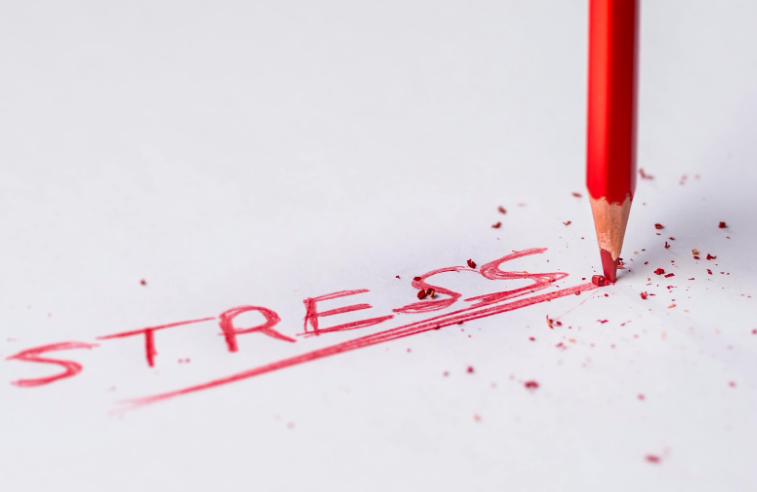Understanding Common Symptoms of Stress and How to Treat Them
|
Stress is an inevitable part of life, and while a certain amount of stress can be motivating, chronic stress can have serious impacts on your health and well-being. Understanding the common symptoms of stress and how to manage them is crucial for maintaining both mental and physical health. In this blog post, we’ll explore the typical signs of stress and offer practical ways to treat it effectively. Common Symptoms of Stress Stress manifests differently in everyone, but there are several common symptoms that many people experience. These symptoms can be categorized into physical, emotional, and behavioral signs. |
 |
Physical Symptoms:
When you’re under stress, your body reacts in various ways. Common physical symptoms include headaches, muscle tension, fatigue, and stomach problems such as indigestion or nausea. You might also experience a faster heartbeat or chest pain, which can be particularly alarming. Stress can also weaken your immune system, making you more susceptible to colds and other illnesses.
Emotional Symptoms:
Emotionally, stress can lead to feelings of anxiety, irritability, or sadness. You may feel overwhelmed, have difficulty concentrating, or experience mood swings. Some people find that they are more prone to crying or becoming easily frustrated when they are stressed.
Behavioral Symptoms:
Behavioral changes are another common indicator of stress. These can include changes in appetite, such as eating too much or too little, as well as changes in sleep patterns. Insomnia or frequent waking during the night can be a sign that stress is affecting your ability to rest. Additionally, stress can lead to procrastination, avoidance of responsibilities, and social withdrawal.
How to Treat Stress
Treating stress effectively involves both short-term and long-term strategies. Here are some practical ways to manage and reduce stress:
Practice Relaxation Techniques:
Relaxation techniques such as deep breathing, meditation, and progressive muscle relaxation can help calm your mind and body. These practices work by slowing down your heart rate and reducing the tension in your muscles, which can counteract the physical effects of stress.
Get Enough Sleep:
Sleep is essential for stress management. Lack of sleep can increase your stress levels and make it harder for you to cope with everyday challenges. Establish a regular sleep routine and create a relaxing bedtime environment. For those struggling with sleep due to stress, the best CBD & THC products for sleep can be a natural aid, helping to calm the mind and promote restful sleep.
Connect with Others:
Social support is crucial when dealing with stress. Talking to friends, family, or a therapist about what’s causing your stress can provide relief and help you gain perspective. Sometimes, simply knowing that someone is there to listen can make a significant difference in how you handle stress.
Seek Professional Help if Needed:
If stress is overwhelming or you’re experiencing symptoms of anxiety or depression, it may be time to seek professional help. Therapists and counselors can provide coping strategies and treatment options that can help you manage stress more effectively.
Conclusion
Stress is a common experience, but it doesn’t have to take over your life. By recognizing the symptoms early and adopting healthy habits, you can manage stress effectively and improve your overall quality of life. Remember, it’s important to take care of both your body and mind, and seeking help when needed is a sign of strength, not weakness.